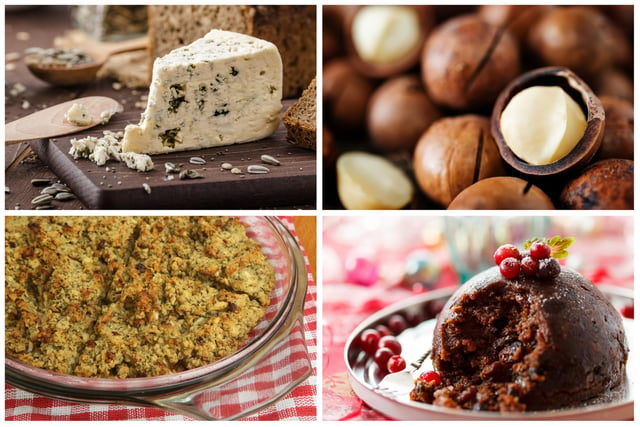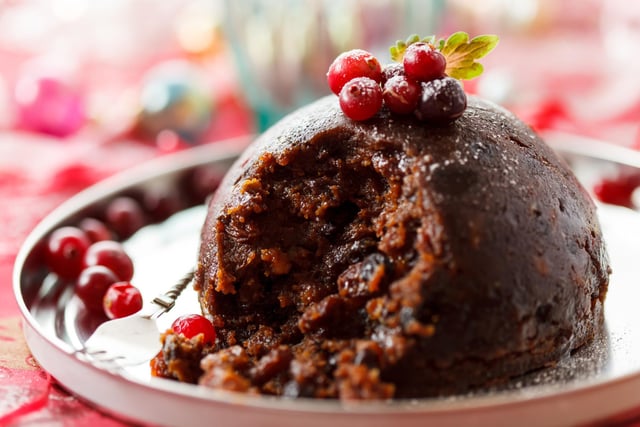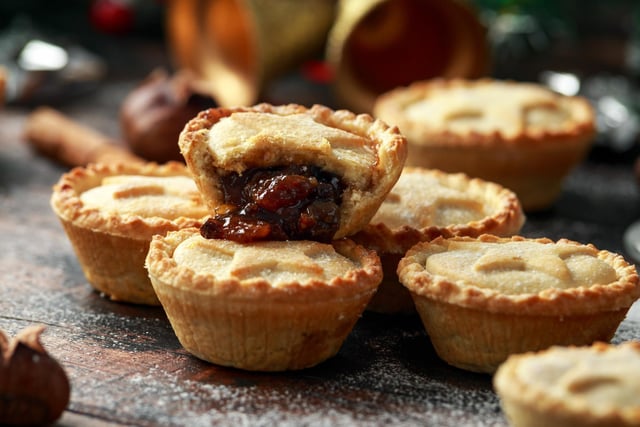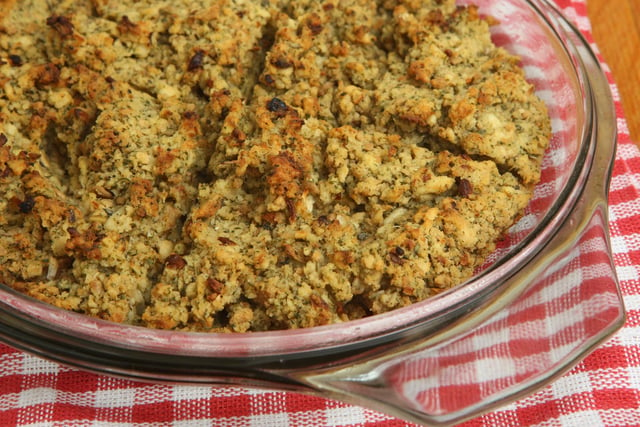And with a lot of food thrown away over the Christmas period, you may be tempted to treat your pets to some of the leftovers.
However, some common Christmas foods can actually make our pets seriously ill, so it is important to know which ones should be avoided.
Even if your cat or dog has only eaten a small amount of these foods, it's important to do the following:
Call the vet straight away - Don’t wait for your pet to start showing symptoms. A vet will be able to offer advice, and the quicker you act, the better chance your pet will have of recovery.
Note the time and quantity of food ingested – Provide the vet with as much information as you can. This includes the time your pet ate the unsafe food, brand names, the ingredient list and how much you think they consumed
Don’t try to make your pet sick – Attempting this can cause further health complications. Leave this to your vet, as they are trained to do this in a safe manner.
Animal health specialists at OurFitPets have put together a list of common Christmas foods that can cause serious health problems for cats and dogs, as well as advice on what you should do if your furry friend accidentally eats any of these foods.
They are ...

1. Keep your pets safe this Christmas
Make sure your pets avoid the foods below as they can be harmful Photo: Adobestock

2. Christmas pudding
Christmas pudding contains dried fruits such as raisins, sultanas and currents, all of which are particularly toxic for cats and dogs and can cause kidney failure if consumed. Signs that your pet has poisoning from these foods include vomiting, increased thirst and urinating less frequently than normal. Photo: Maksim Shebeko - stock.adobe.com

3. Mince pies
As with Christmas pudding, mince pies contains dried fruits such as raisins, sultanas and currents, all of which are particularly toxic for cats and dogs. Photo: grinchh - stock.adobe.com

4. Sage and onion stuffing
Any foods that contain vegetables of the allium variety should be off the menu for cats or dogs. This includes fresh and powered forms of aromatics such as onions, garlic, shallots, leeks and chives, which are frequently found in Christmas stuffing and gravy. These vegetables all contain a compound called N-propyl disulfide which is damaging to your pet’s red blood cells and can cause them to develop anaemia. Signs of allium poisoning in pets includes diarrhoea, stomach pain, as well as presenting as fatigued, weak or off their regular food. Photo: Joe Gough - stock.adobe.com